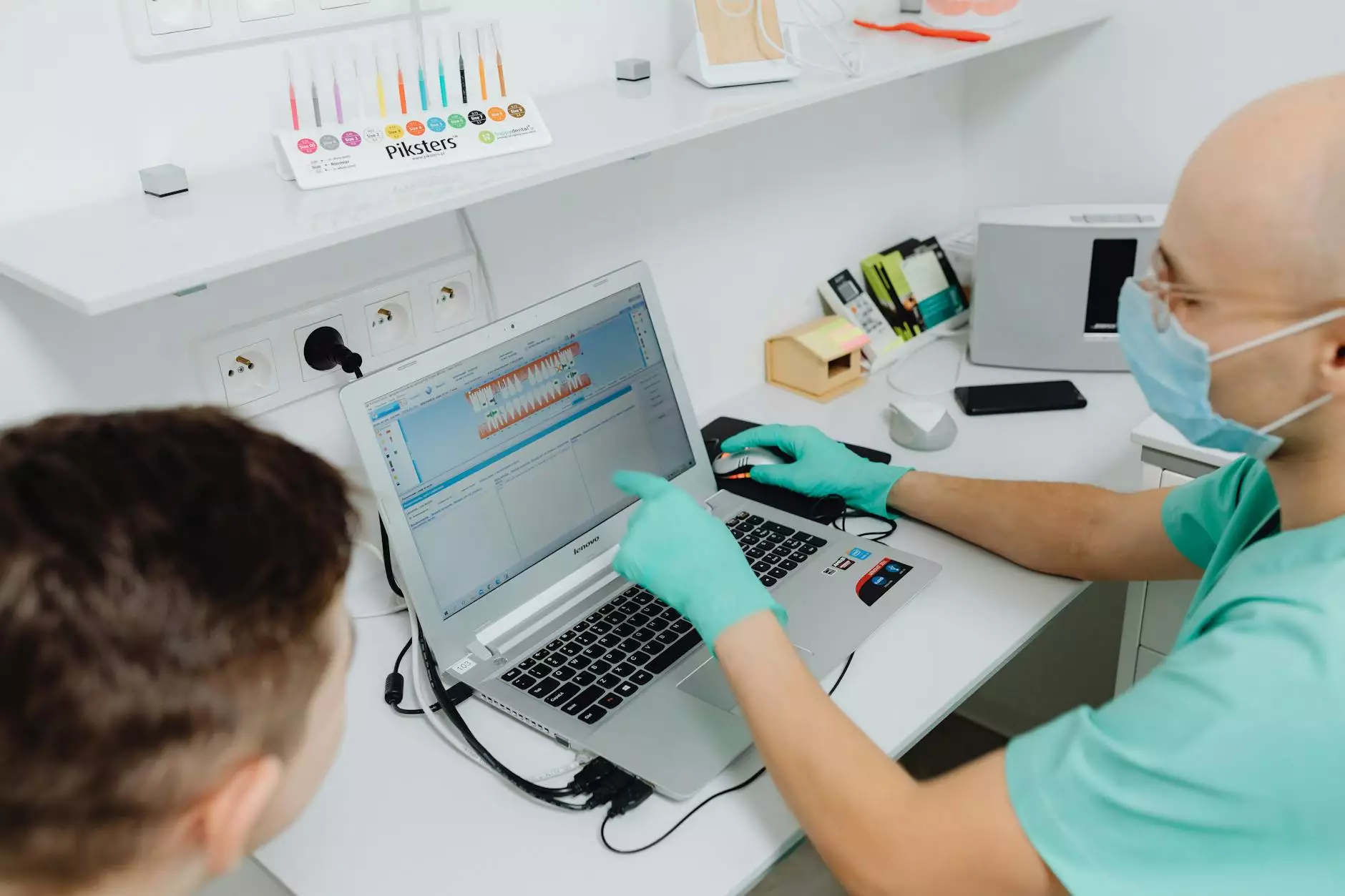CT Lung Cancer Screening: Essential Insights for Early Detection

In recent years, lung cancer has emerged as one of the most prevalent and deadly forms of cancer globally. However, advancements in medical technology have equipped us with effective means to achieve early detection and improve patient outcomes. One of the most significant innovations in this area is CT lung cancer screening. In this article, we will explore what CT lung cancer screening is, its advantages, the screening process, the criteria for undergoing screening, and answers to common questions regarding its efficacy.
What is CT Lung Cancer Screening?
CT lung cancer screening involves the use of computed tomography (CT) to detect lung cancer at its earliest stages. This imaging technique provides detailed cross-sectional images of the lungs, allowing for the identification of abnormalities such as nodules or small tumors that may be indicative of lung cancer.
The Importance of Early Detection
Early detection of lung cancer is crucial for improving survival rates, as the disease is often asymptomatic in its initial stages. Patients diagnosed at an earlier stage have significantly better prognosis compared to those diagnosed at a later stage, where the cancer may have spread. Studies indicate that when lung cancer is detected early, the 5-year survival rates can be much higher, emphasizing the need for effective screening strategies.
Understanding CT Lung Cancer Screening: How It Works
The process of CT lung cancer screening is relatively straightforward:
- Preparation: There is usually no special preparation required before the test. However, it's essential to discuss any medications or conditions with your doctor ahead of time.
- The Scan: The patient lies on a table that slides into the CT scanner. The machine takes a series of X-rays from different angles to create detailed pictures of the lungs.
- Duration: The entire procedure typically lasts about 10 to 30 minutes, making it a quick and accessible option for patients.
- Results: After the scan, radiologists analyze the images to identify any potential concerns. Patients usually receive their results fairly quickly, allowing for timely healthcare decisions.
Who Should Consider CT Lung Cancer Screening?
CT lung cancer screening is particularly recommended for individuals who meet specific criteria. According to the U.S. Preventive Services Task Force (USPSTF), the guidelines suggest screening for:
- Adults aged 50 to 80 years.
- Those with a 20 pack-year smoking history (meaning they have smoked an average of one pack of cigarettes per day for 20 years).
- Individuals who are either current smokers or have quit within the last 15 years.
It is essential that individuals discuss their personal risk factors with their healthcare provider to determine if they are good candidates for screening.
The Advantages of CT Lung Cancer Screening
CT lung cancer screening offers several benefits that can play a pivotal role in managing lung health:
- Early Detection: CT scans can identify lung cancer before symptoms arise, which is critical for effective treatment.
- Reduction in Mortality Rates: Studies show that regular screening can lead to a 20% decrease in lung cancer mortality among high-risk individuals.
- Non-Invasive Procedure: Unlike some medical tests, CT lung cancer screening is non-invasive and usually well-tolerated by patients.
- Detailed Imaging: CT scans provide high-resolution images that are superior to standard X-rays, enabling the detection of smaller tumors.
Understanding the Risks and Limitations
While CT lung cancer screening has demonstrated noteworthy benefits, it is essential to consider the possible risks involved:
- Radiation Exposure: CT scans do involve exposure to a small amount of radiation. However, the benefits of early detection usually outweigh this risk for high-risk individuals.
- False Positives: There is a possibility of false-positive results, which means some individuals may receive a positive diagnosis even if they do not have cancer. This can lead to unnecessary anxiety and follow-up tests.
- Overdiagnosis: Some detected cancers may not progress or cause symptoms during a person's lifetime; hence, treatment for these cancers may not be necessary.
Preparing for Your CT Lung Cancer Screening
If you meet the criteria for CT lung cancer screening, preparation is quite simple:
- Talk to your healthcare provider about any concerns or questions regarding the procedure.
- Inform your provider about your medical history, especially any prior lung issues or smoking history.
- If you are pregnant or suspect that you may be pregnant, make sure to inform the technician, as CT scans are generally avoided during pregnancy.
After the Screening: Next Steps
After undergoing CT lung cancer screening, patients will typically be informed of their results within a short period:
- Negative Results: If no abnormalities are found, ongoing monitoring through regular check-ups may be recommended, depending on individual risk factors.
- Positive Results: If any abnormalities are detected, additional testing, such as a biopsy, may be required to determine the nature of the findings.
Success Stories and Improved Outcomes
Many individuals have benefitted significantly from CT lung cancer screening. Early detection has led to successful treatment protocols and improved survival rates. For instance:
- Case Study 1: An individual in their early 60s was screened as part of a routine check-up and was found to have a small, early-stage tumor. Thanks to timely intervention, they successfully underwent surgery and are now cancer-free.
- Case Study 2: A former smoker utilized CT lung cancer screening and was diagnosed at an early stage. The cancer was treated with minimal intervention, allowing them to mitigate the risks associated with more advanced-stage treatments.
Conclusion
CT lung cancer screening is a valuable tool in the fight against lung cancer, offering high-risk individuals access to early detection that can significantly improve survival rates. At Neumark Surgery, we emphasize the importance of staying informed and proactive in managing lung health. If you or a loved one fits the criteria for CT lung cancer screening, talk to your healthcare provider today to see if it’s the right choice for you. Together, we can make strides towards a healthier future.
By understanding the nuances of CT lung cancer screening, individuals can take informed steps in their health journey, ensuring they remain vigilant against one of the leading causes of cancer-related mortality. Early detection and timely medical intervention can make all the difference in achieving positive health outcomes.









